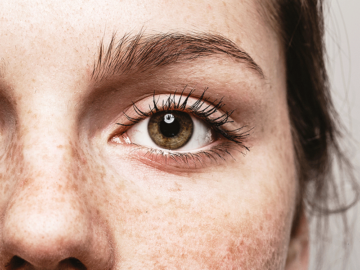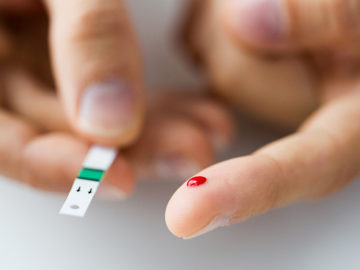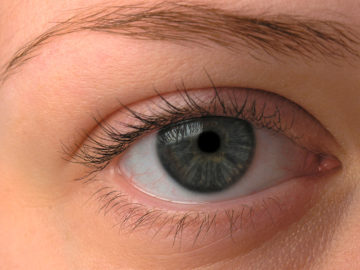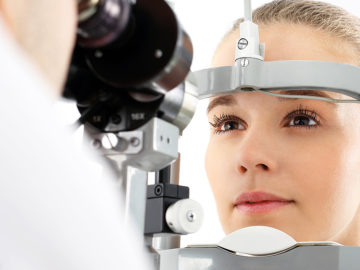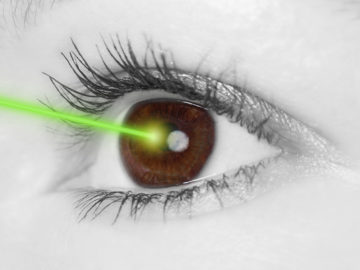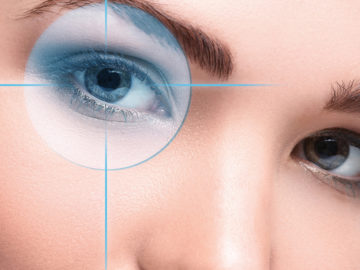Dry eyes with diabetes mellitus
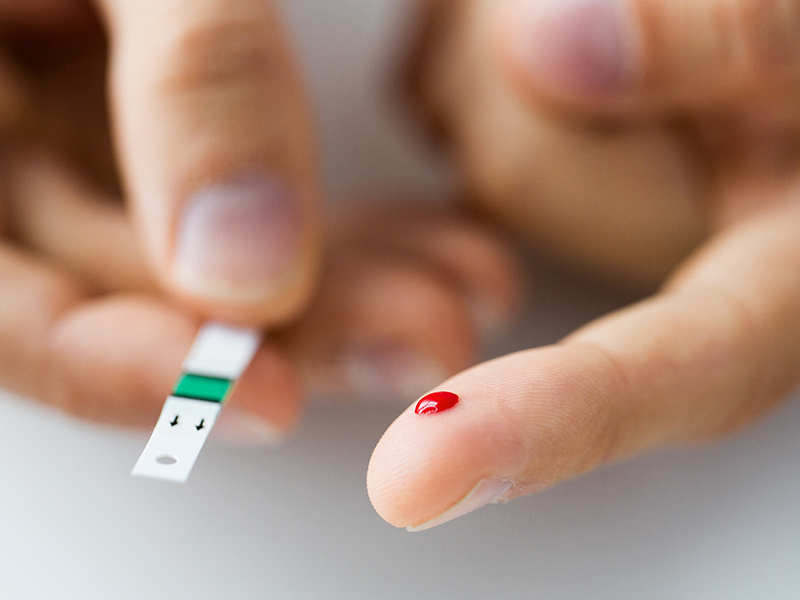
With diabetes, it is only when the blood sugar level is in the normal range that damage to the eye or dry eyes can be prevented.
The metabolic disorder diabetes mellitus is one of the major public health problems of our time. Around eight million people in Germany suffer from diabetes. Diabetic retinopathy (changes in the retina due to diabetes) is a consequence of diabetes which affects the eye, often accompanied by dry eyes.
Diabetes mellitus: when the blood sugar gets out of control
Diabetes mellitus is a chronic metabolic disorder in which the body can no longer adequately regulate the blood sugar balance. Therefore, the blood sugar levels of diabetics fluctuate enormously. This has severe repercussions on the whole body, among other things on the eyes.
The reason for the restricted regulation of blood sugar is the hormone insulin. Insulin is produced in the pancreas and ensures that the sugar, which goes into the blood from digesting food, is absorbed in the cells. The sugar is then stored in the cells as energy reserves and is released as required. Diabetics produce little or no insulin and in addition, the cells can often react a lot worse to insulin. They develop a resistance. The consequence: the sugar remains in the blood which, in the long run, leads to cell damage and changes in the blood vessels. People afflicted notice high blood sugar levels, for example through a constant urge to urinate and feeling very thirsty. The damage is irreparable and leads to serious consequences for organs and tissue.
How strongly diabetes affects the body depends on how well blood sugar levels are managed and how long the disease persists.
Diabetic retinopathy: severe changes to the retina due to diabetes
Diabetic retinopathy is a disease of the retina and one of the most common causes of blindness in people between 20 and 65. In particular, the fine blood vessels, the capillaries, are affected by high blood sugar levels (microangiopathy). This has various effects in the eye: on the one hand, the capillaries become blocked so that the retina is no longer supplied with sufficient oxygen and nutrients. On the other, the walls of the blood vessels become more permeable wherein fluid and/or blood penetrates into the surrounding tissue. Oedemas (swellings) and/or bleeding occur in the retina. If untreated, the described changes to the retina can lead to the detachment of the retina and eventually to blindness. Dry eyes can also be associated with diabetes, which means a restriction in the quality of life for those affected.
Diabetes often leads to dry eyes
Due to restricted blood circulation in the structures of the eye, the nerves, which supply the eye, can be damaged. The nerves affected can be those which control the lacrimal glands. In this case, tear productsion is no longer adequately controlled, too little lacrimal fluid is produced and the eyes dry out. That is why diabetics’ eyes are more prone to infections like conjunctivitis or inflammation of the eyelid margin. These diseases also encourage the development of dry eyes.
Regular check-ups by the eye doctor are essential
With diabetes, the eyes should be examined at regular intervals. Good prevention means that changes in the eye can be treated in time and thus serious complications avoided. Moreover, it is important to balance the blood sugar levels as best as possible by taking insulin. In that way, damage to organs caused by diabetes can best be prevented. Also, discuss dry eye problems with your eye doctor because in the long run, these can greatly restrict your well-being and even lead to damage to the sensitive cornea. Your eye doctor will recommend a suitable treatment. You can also alleviate the symptoms yourself by using lubricating eye drops or a nurturing eye ointment. The substitute tears cover the irritated eye like a protective film and alleviate the itchy and burning feeling.




